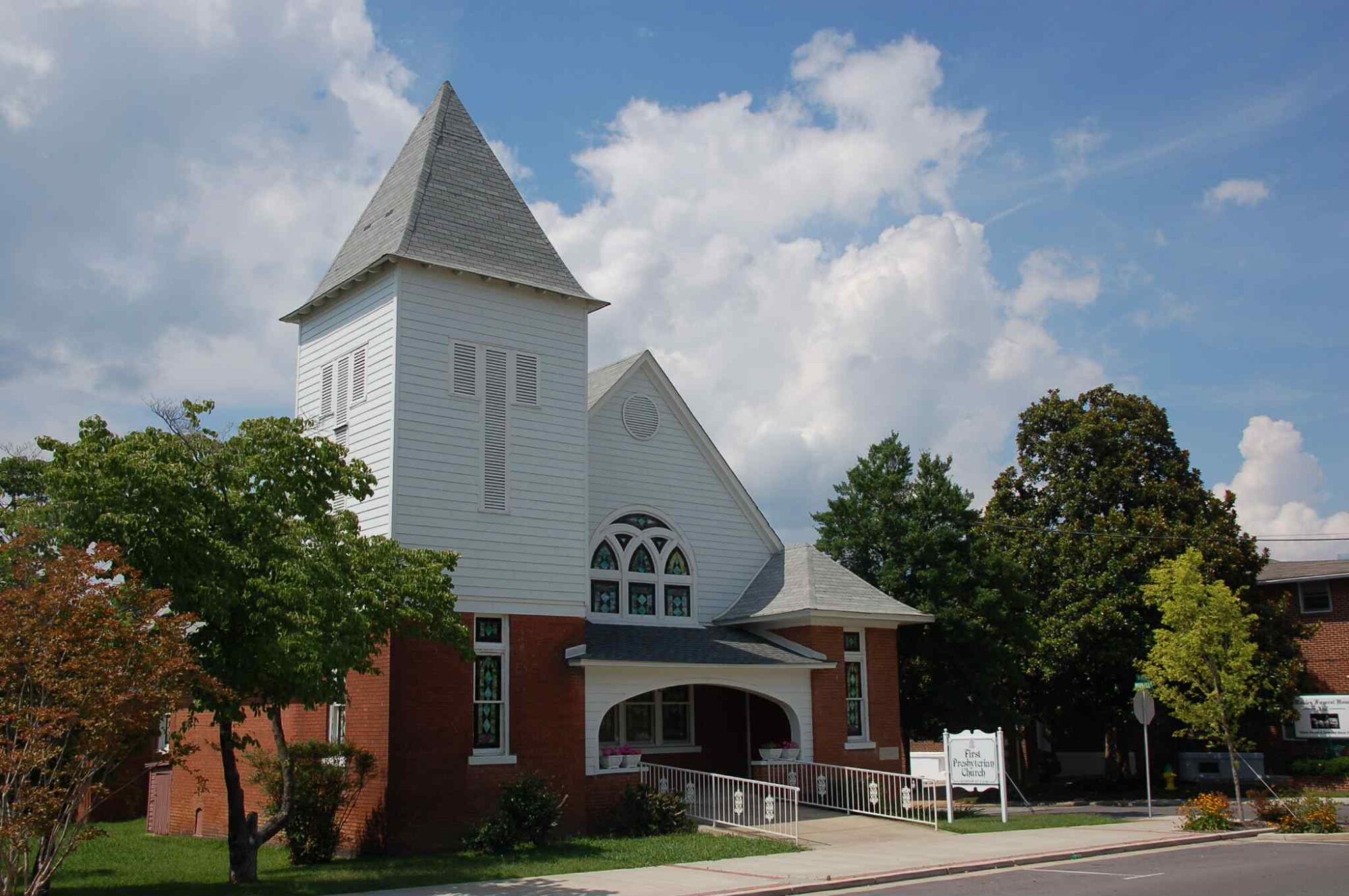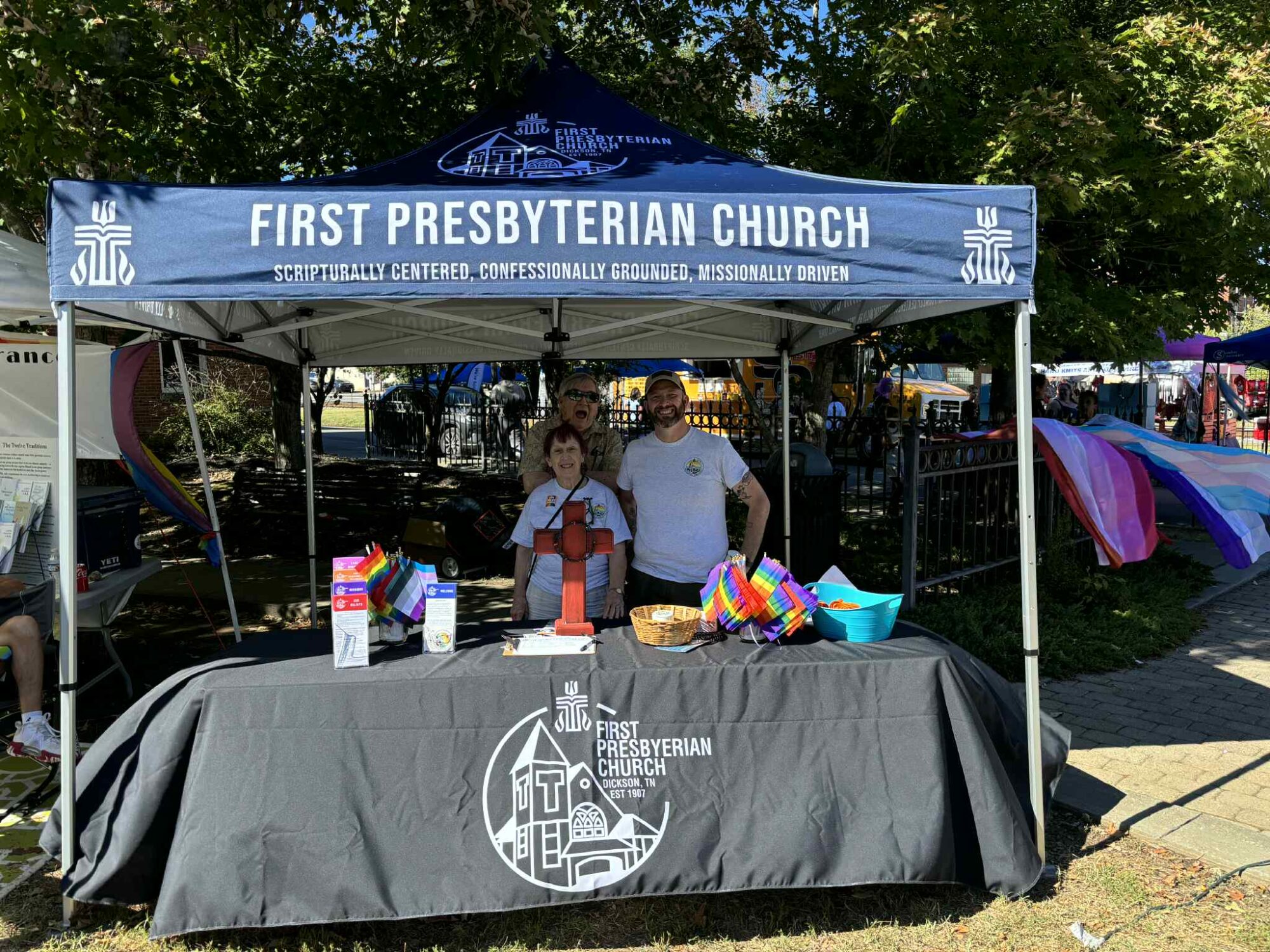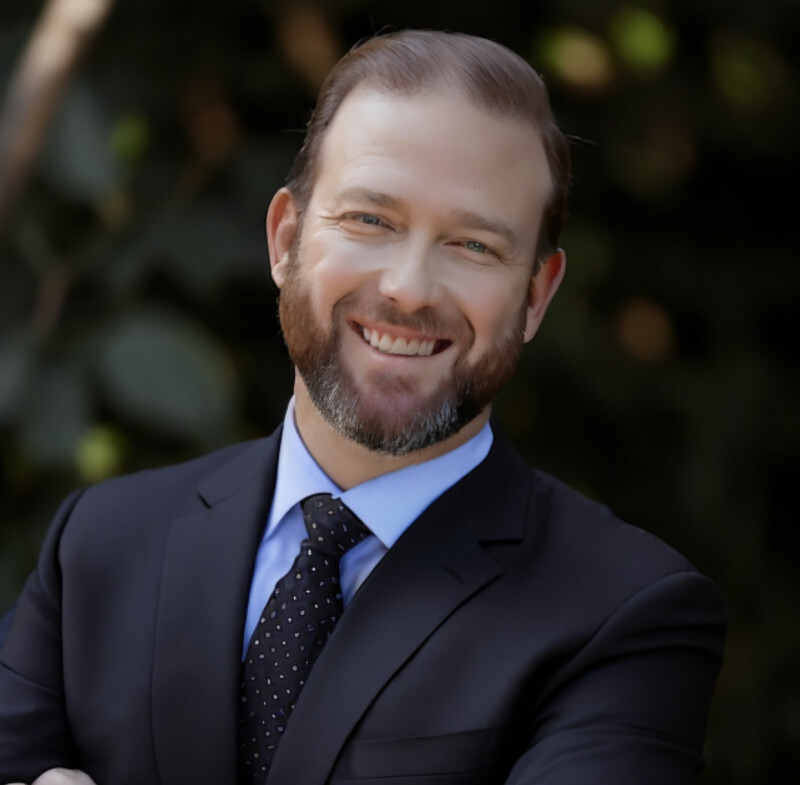In the heart of Dickson, Tennessee, a quiet revolution has been unfolding within the walls of First Presbyterian Church. What began as a bold commitment to radical inclusivity has blossomed into a vibrant revitalization, breathing new life into this congregation and ushering in a new era of growth. At the core of this transformation has been the church’s embrace of the local LGBTQIA+ community, a mission that has not only helped redefine this congregation’s identity, but has also become a beacon of hope and acceptance in a world often fractured by division.

For generations, churches have grappled with questions of inclusion, often finding themselves at a crossroads between tradition and compassion. First Presbyterian Church in Dickson, however, chose a path less traveled, guided by a profound conviction that God’s love knows no bounds. “Our church took the stance that it is God who calls and He calls ALL types of people to serve him,” states Vicky McMillen, a elder of the congregation and former session member. This was the main belief that propelled the church forward. This conviction wasn’t merely a theological abstract; it was a living, breathing principle that began to shape every aspect of their ministry.
The journey to becoming an openly affirming church required times of intentional introspection and courageous dialogue. It required a deep dive into the very essence of their faith, leading to a profound understanding that God’s image is reflected in every individual, regardless of their sexual orientation or gender identity. “We love ALL because they were made in God’s image,” McMillen emphasizes, highlighting the foundation of their inclusive stance. This belief transcended mere tolerance; it was an active, intentional embrace of diversity as a sacred reflection of God’s boundless creativity.
This commitment to radical welcome soon began to resonate beyond the church’s traditional boundaries. Stories of lives touched and spirits healed started to emerge, painting a vivid picture of a community where belonging was not just preached but genuinely practiced. Amber Potter, a current member of the session, articulates this sentiment powerfully: “I’m filled with pride and gratitude to be part of a church that welcomes all—just as Jesus did. At First Presbyterian, inclusion isn’t just a value—it’s a practice.” This distinction has become crucial; it underscores the active, tangible ways in which the church integrates its affirming principles into every facet of its communal life, from worship to outreach.
The impact of this inclusive environment on individual members has been profound. For many, finding First Presbyterian Church was like discovering a long-lost spiritual home, a place where they could truly bring their authentic selves. Baillie Hooton, a new member, recently shared her testimony. She recounts a personal faith journey marked by periods of intense involvement and disengagement, only to end up feeling hopeless of finding a church in this community that would welcome and affirm her and her partner. “I had given up my search and my hope of finding a local church home, and He brought me one anyway,” She shared. “I cried through my entire first service because I couldn’t believe how right it felt, and that rightness has only been confirmed since then.”
Amber Potter further elaborates on the liberating nature of an affirming church: “Being part of an affirming church means I never have to second-guess whether love will meet someone at the door. At First Presbyterian, all are welcome, all are seen, and all are safe. That’s the kind of church I’m proud to call home.” Spiritual safety is invaluable, particularly for individuals who may have experienced rejection or judgment in other religious settings. It allows for an unburdened engagement with faith, and fosters genuine connection and spiritual growth. “First Presbyterian reflects the heart of Christ…” Potter adds, painting a picture of a church that embodies the very essence of unconditional love.
Perhaps one of the most powerful narratives of transformation comes from Matt Rountree, an openly gay deacon and a leader in the local recovery community. His story provides a window into the wounds inflicted by religious condemnation and the profound healing offered by radical acceptance. Rountree speaks candidly about his formative years in the 80s, grappling with his identity and the crushing weight of self-hatred fueled by the messages he internalized. “At 13 years old, I was praying to God to make me like the other boys. I knew God hated me and would change me to be what my preacher and youth director wanted me to be,” he reveals, detailing the devastating impact of this internal conflict.

Rountree’s journey through addiction and ultimately to recovery was intertwined with his search for a loving God. He found that understanding at First Presbyterian Church in Dickson. “I started to develop my own understanding of God. And this in turn, has helped me with who I am today,” he states. Matt recently reflected on Pride Month and talked about the true meaning of acceptance: “Pride month is not about feeling MORE than anyone. It is about feeling EQUAL to everyone. It is about feeling and believing that I am just as worthy as everyone else in God’s eyes. It is knowing that I am enough, as I am, in my own eyes. This is what Pride means to me, loving myself for who I am and you for who you are.”
The revitalized spirit of First Presbyterian Church extends beyond individual narratives. The church’s embrace of inclusivity has become a powerful magnet, attracting new members who are drawn to its message of unconditional love. This influx of diverse perspectives and experiences has enriched the entire congregation, fostering a dynamic and vibrant community. As Vicky McMillen succinctly puts it, “In order to serve our Lord, we must love ALL and take care of ALL as they are our siblings in Christ.” This commitment to compassionate service, fueled by an expansive understanding of God’s love permeates every aspect of the church’s life.
The journey of First Presbyterian Church in Dickson, TN is a story of the transformative power of radical inclusion. By opening its arms and hearts to the LGBTQIA+ community, it has not only fulfilled a deeply held theological conviction but has also experienced new life and renewed mission. The congregation and leadership hope that its story can be an inspiring blueprint for other faith communities, demonstrating that embracing a truly inclusive vision can indeed lead to growth, vibrancy, and a deeper, more authentic expression of faith. This is a church that doesn’t just speak of love; it embodies it, creating a sanctuary where all are truly welcome, seen, and safe. As Amber Potter summarizes, “I’m proud to be part of a church that doesn’t just talk about love—we live it. At First Presbyterian, we affirm all people as beloved children of God, and that makes it a joy and a blessing to worship here.”

Rev. John Smith began his work at First Presbyterian Church Dickson, TN in January of 2019. With over a decade of pastoral ministry experience serving churches in Missouri and Tennessee, he graduated from Evangel University in 2003 with a BA in history and theology. He went on to complete his MDiv at Central Baptist Theological Seminary (ABC) in Kansas City, KS. He has been admitted to Memphis Theological Seminary to complete his DMin participating in their “Land, Food, and Faith Development Cohort”.
Rev. Smith has a passion for the Church and Reformed Theology and enjoys seeing individuals and families understand the life giving message of who God is and how much God loves them. He has a deep love for rural and small town America and longs to see the gospel shape the lives and ethics of a community. He has the heart of a preacher and brings life and energy to expounding the scripture on Sunday morning and during midweek gatherings.
“Its through innovation, collaboration, and facilitation, guided by the Spirit and grounded in the scripture, that we see a church begin to discern God’s purpose for them and then to rediscover their vitality as a visible sign of the Kingdom rooted in the time and place of their community.”





Unbound Social